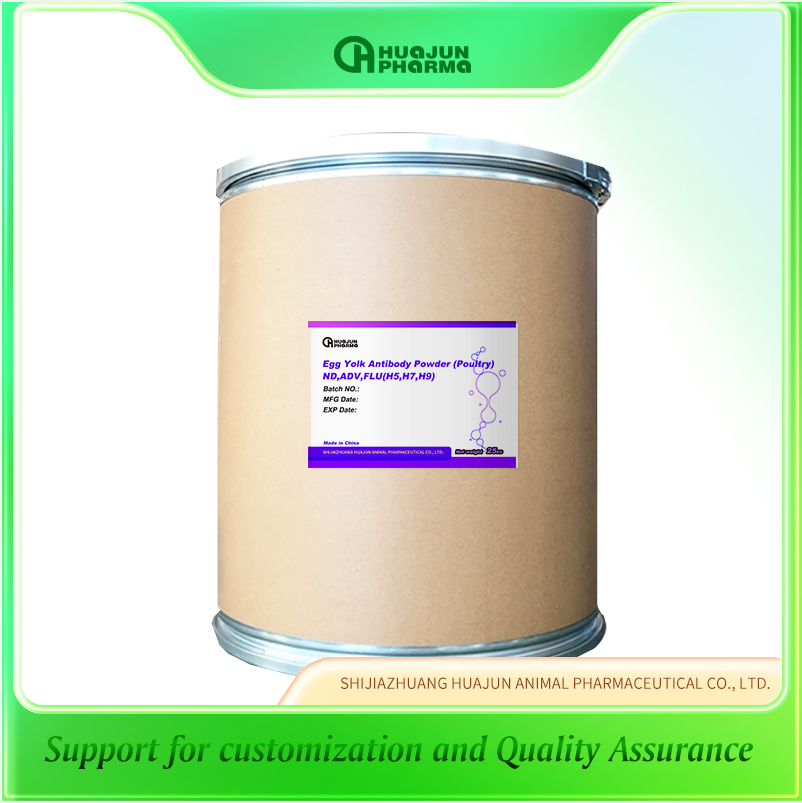
جولائی . 22, 2024 01:49 Back to list
Suppliers for Effective Coccidiosis Treatment and Prevention in Poultry Farming Operations
Coccidiosis in Chickens Understanding the Condition and Finding Reliable Suppliers for Prevention and Treatment
Coccidiosis is a widespread parasitic infection that affects the intestinal tract of chickens, caused primarily by protozoa belonging to the genus Eimeria. This disease can lead to significant economic losses in poultry farming due to high morbidity and mortality rates. Understanding coccidiosis, its impact, and how to effectively manage it is essential for any poultry producer. Furthermore, sourcing reliable suppliers for preventive and treatment measures is crucial for maintaining the health of flocks.
Understanding Coccidiosis
Coccidiosis is characterized by diarrhea, weight loss, decreased feed efficiency, and potentially, death in severe cases. The disease is most prevalent in young birds and can spread rapidly in crowded conditions, such as those often found in commercial poultry farms. The life cycle of Eimeria involves both sexual and asexual reproduction, with oocysts (the infectious form) shed in the feces, contaminating feed and water sources.
There are several species of Eimeria that specifically affect chickens, each targeting different parts of the intestinal tract. The symptoms can vary depending on the species involved, making diagnosis critical. A veterinarian’s involvement can aid in accurately identifying the specific strain and determining the appropriate course of action.
Impact on Poultry Farming
Coccidiosis can lead to economic ramifications for poultry farmers. Infected birds show reduced growth rates and poor feed conversion, directly impacting profit margins. Furthermore, severe outbreaks often necessitate treatment with medications or increased biosecurity measures, incurring additional costs. In extreme situations, a flock could suffer substantial mortality rates, further exacerbating financial losses.
Prevention and Treatment
Preventing coccidiosis revolves around effective management practices. Good sanitation is paramount; regularly cleaning and disinfecting the living environment can help minimize the spread of oocysts. Additionally, implementing a robust biosecurity program, including limiting stress factors such as overcrowding and sudden environmental changes, is crucial for maintaining healthy flocks.
coccidiosis chickens suppliers

Vaccination is another powerful tool in preventing coccidiosis. Several suppliers offer vaccines that contain live, attenuated strains of Eimeria, which helps provide immunity without causing disease. It is vital for poultry producers to choose vaccines tailored to their flock’s specific needs and the prevalent Eimeria species in their region.
Sourcing Reliable Suppliers
When it comes to sourcing solutions for coccidiosis, it's essential to find reputable suppliers that prioritize quality and efficacy. Here are some key considerations when selecting suppliers for coccidiosis-related products
1. Reputation and Reviews Look for suppliers with a proven track record in the poultry industry. Customer reviews and testimonials can provide insight into the effectiveness of their products.
2. Product Range A good supplier should offer a variety of options, including vaccines, medicated feed, and nutritional supplements designed to support gut health and boost immunity.
3. Expertise and Support Suppliers that provide access to veterinary consultations or technical support can be invaluable, helping farmers make informed decisions regarding prevention and treatment strategies.
4. Compliance and Certification Ensure the suppliers adhere to relevant regulations and standards in the poultry industry, guaranteeing the safety and quality of their products.
Conclusion
Coccidiosis poses a serious threat to chicken health and productivity, but with the right approaches, it can be managed effectively. By implementing thorough prevention measures and establishing relationships with reliable suppliers, poultry farmers can safeguard their flocks and their livelihoods. Awareness, education, and effective resource management are key elements in combating this pervasive condition in the poultry sector.
-
China Salivation AI with GPT-4 Turbo Features
NewsAug.01,2025
-
Epic Sepsis Factories: AI-Driven Detection with GPT-4 Turbo
NewsJul.31,2025
-
Acute Salpingitis and Oophoritis AI Factory
NewsJul.31,2025
-
Premium China Bacillus Subtilis Supplier & Factory Solutions
NewsJul.30,2025
-
Premium Avermectin Supplier in China | Custom Solutions Available
NewsJul.29,2025
-
China Bacillus Subtilis Supplier - Custom Factory Solutions
NewsJul.29,2025




